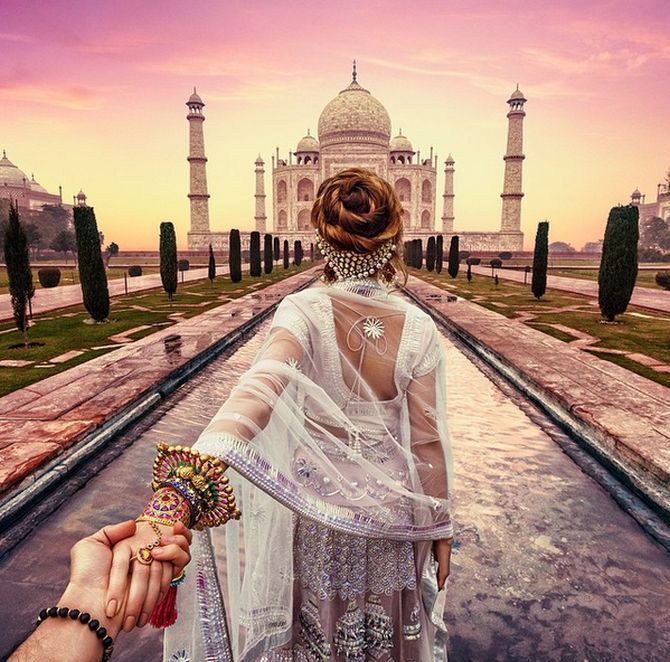India: A Timeless Odyssey Through the Eyes of Iconic Travelers
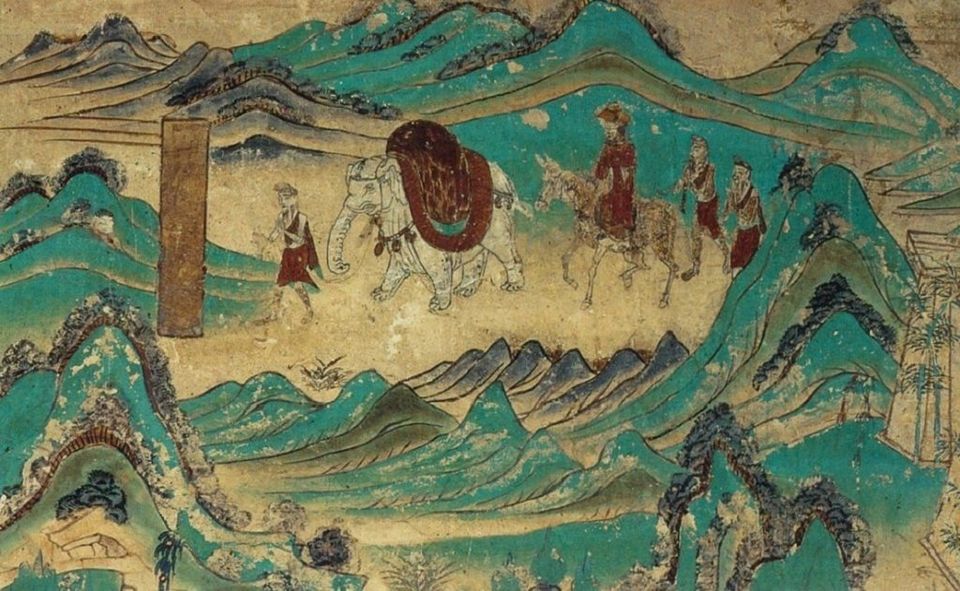
Introduction
The allure of India is timeless. A land that has been the muse of poets, the ambition of conquerors, and the fascination of travelers for millennia. Its vast landscapes, from the snow-capped Himalayas to the golden sands of Thar, from the dense forests of the Western Ghats to the serene backwaters of Kerala, tell tales of ancient civilizations, mighty empires, and profound philosophies. But it's not just the physical beauty or the historical significance that draws people to India. It's the soul of the country, the pulse that beats in its cities, the quiet wisdom that rests in its villages, and the stories that every stone, every tree, every river seems to whisper. Among the many who have been captivated by this land are iconic travelers like Mark Twain, Ibn Battuta, and Marco Polo. Their chronicles provide not just a historical account but a deep, personal insight into what makes India, as Twain put it, "the one land that all men desire to see."
The Magic of India Through the Eyes of Mark Twain
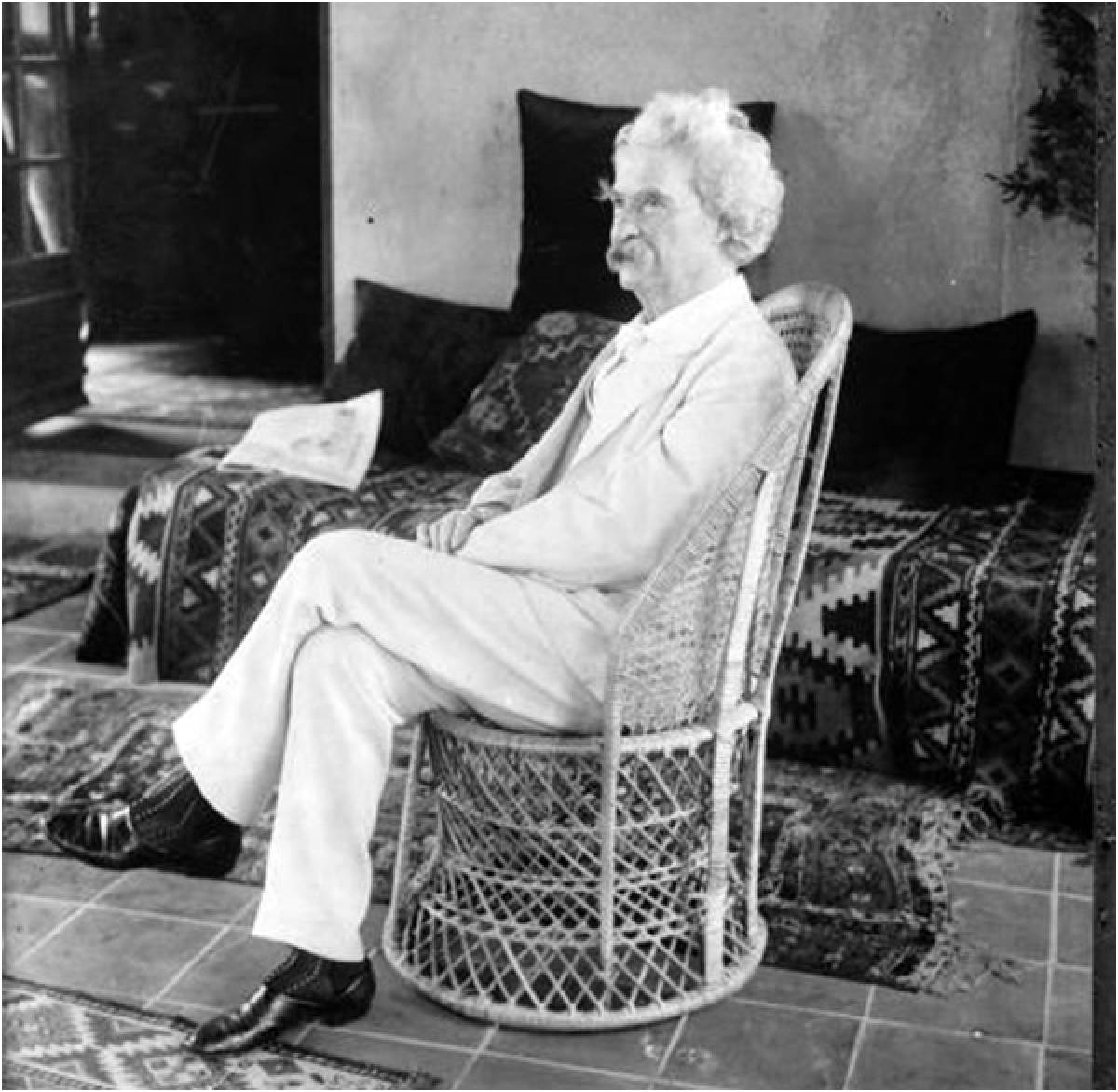
Samuel Langhorne Clemens, better known by his pen name Mark Twain, was not just an American writer but a keen observer of life. His travels took him to various parts of the world, but his journey through India in the late 19th century left an indelible mark on him. Twain's writings on India are not just observations; they are a blend of wit, humor, and deep reverence.
"India is the cradle of the human race... the one land that all men desire to see, and having seen once, by even a glimpse, would not give that glimpse for the shows of all the rest of the globe combined," Twain wrote. This statement wasn't just a passing remark. It was the culmination of his experiences, the interactions he had with the people, and the sights and sounds that he absorbed during his stay.
Twain was particularly fascinated by the spiritual depth of India. He visited Varanasi, known as the spiritual heart of India. As he sailed on the Ganges and witnessed the morning rituals, the ghats teeming with life, and the evening aarti, he realized that the river was not just a physical entity but a symbol of life and death. "Benares is older than history, older than tradition, older even than legend, and looks twice as old as all of them put together," he remarked.
His journey took him to the grand palaces of Rajasthan, the tranquil backwaters of Kerala, and the bustling streets of Mumbai. Everywhere he went, he found stories. In Rajasthan, he was captivated by the tales of valor, of kings and queens who chose honor over life. In Kerala, he was enchanted by the simplicity of life, where time seemed to move at its own leisurely pace. And in Mumbai, he saw the future, a city that was a blend of the traditional and the modern.
But what struck Twain the most was the Indian way of life. He observed the festivals, the rituals, the daily routines, and realized that there was a profound philosophy behind everything. The way people greeted each other, the respect they had for all forms of life, the importance of family and community, all spoke of a culture that had evolved over thousands of years.
Twain's India was not just a land of beauty and history. It was a land of wisdom, where every stone told a story, every ritual had a meaning, and every person he met had a tale to tell. His writings on India are a testament to his love for the country, a love that was born out of understanding and respect. Mark Twain views have been criticized as being colonialist. He admitted honestly that India - as unique and marvellous as she was - was a country that was simply “hard to understand”.
The Chronicles of Ibn Battuta: A Journey of Discovery and Enlightenment
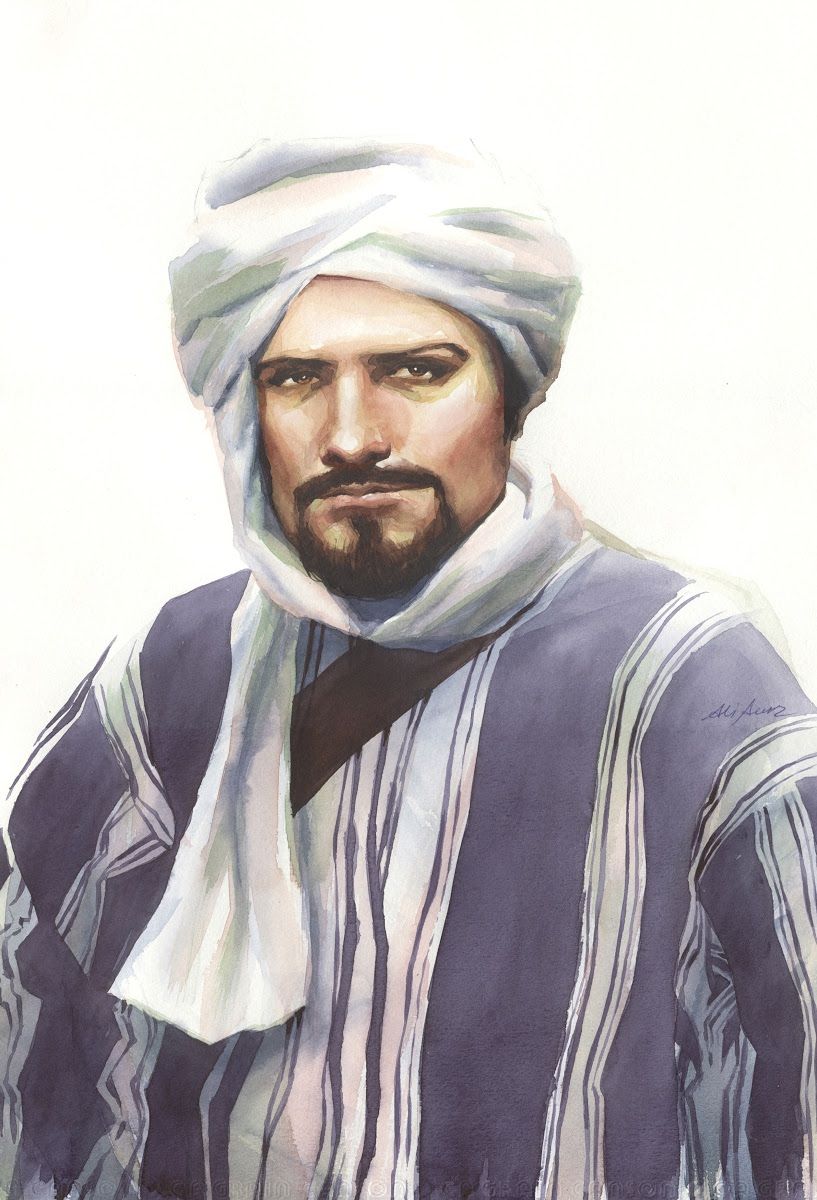
Ibn Battuta, the famed Moroccan explorer, embarked on his travels in the 14th century, covering a staggering 75,000 miles across Africa, Europe, and Asia. But it was his sojourn in India that stands out, not just for its duration but for the depth of his experiences.
Upon setting foot on the Indian subcontinent, Ibn Battuta was immediately struck by the vastness of the land. From the rugged mountains of the north to the pristine beaches of the south, from the dense forests of the east to the arid deserts of the west, India presented a kaleidoscope of landscapes. But more than the physical beauty, it was the cultural richness that captivated him.
Ibn Battuta arrived in India during the reign of the Delhi Sultanate. He was both a witness and a participant in the grandeur of the royal courts. The opulence of the palaces, the intricacies of courtly etiquettes, and the vibrancy of the bazaars left a lasting impression on him. He wrote, "The people of India are of various classes and countless professions. Their cities are populous and thriving, and each has its peculiar attractions and specialties."
But it wasn't just the urban centers that drew Ibn Battuta's attention. He traveled extensively through the countryside, interacting with villagers, farmers, and artisans. He was deeply moved by the Indian ethos of hospitality, where even the poorest would share whatever little they had with a stranger. He noted, "The Indians are naturally inclined to justice, and never depart from it in their actions. Their good faith, honesty, and fidelity to their engagements are well known, and they are so famous for these qualities that people flock to their country from every side."
Ibn Battuta's travels in India were not just about observing. They were about immersing himself in the local culture. He learned about the ancient Indian sciences, the philosophies, and the arts. He was particularly intrigued by the spiritual practices, the rituals, and the festivals. He wrote extensively about the Hindu way of life, the reverence for nature, and the concept of dharma.
His stay in India was not without challenges. He faced hardships, encountered dangers, and even faced life-threatening situations. But through it all, his spirit of adventure, his curiosity, and his respect for the land and its people remained undiminished. When he finally left India, he took with him not just memories but a deep understanding of a civilization that was both ancient and vibrant.
Marco Polo's India: A Land of Wonders and Mysteries
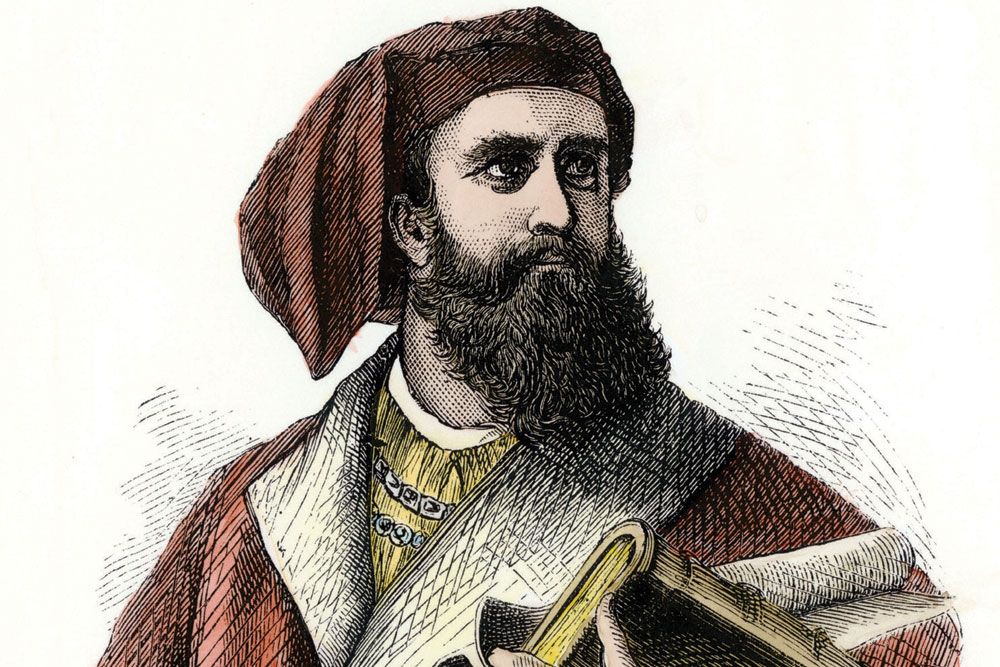
The Venetian merchant and explorer Marco Polo's journey to India in the 13th century is the stuff of legends. His accounts, though often seen through the lens of wonderment and sometimes exaggeration, provide a fascinating glimpse into India of the yore.
Marco Polo's descriptions of India are filled with awe and admiration. He wrote about the grand cities with their towering temples, the bustling ports that were hubs of global trade, and the intricate network of waterways that connected the length and breadth of the country. He was particularly impressed by the city of Quilon (modern-day Kollam in Kerala), which he described as one of the most beautiful and prosperous cities in the world.
But more than the cities and the landscapes, it was the Indian people that fascinated Marco Polo. He wrote extensively about the caste system, the various professions, and the daily life of the people. He was particularly intrigued by the yogis and the ascetics, their practices, and their philosophies. He wrote, "The people of this country have a peculiar language, and are idolaters, following the law of the devil, and are of a brownish color. They eat rice with oil made from sesame, and have flesh of all kinds except beef."
Marco Polo's accounts of India are filled with tales of wonders and mysteries. He wrote about the mythical creatures, the magical herbs, and the mysterious rituals. While some of his accounts might seem fantastical, they provide a window into how India was perceived by the outside world.
His journey through India was not just about discovery. It was about building bridges, forging connections, and understanding a culture that was vastly different from his own. He returned to Venice with tales that seemed unbelievable, with spices that were exotic, and with a deep respect for a land that was as diverse as it was vast.
India: The Timeless Allure and the Global Fascination
India, a land of contrasts and confluences, has always been more than just a destination on a map. It's a tapestry of experiences, a mosaic of cultures, and a symphony of traditions. The chronicles of Mark Twain, Ibn Battuta, and Marco Polo, though separated by centuries, converge on one singular truth: India's allure is timeless.
In today's globalized world, where boundaries are blurring and cultures are intermingling, the fascination with India remains undiminished. Modern travelers, armed with technology and guided by influencers, embark on journeys to India not just to see its monuments but to experience its soul. The golden sands of Rajasthan, the serene backwaters of Kerala, the bustling streets of Mumbai, and the tranquil monasteries of Ladakh are not just tourist spots; they are narratives waiting to be explored.
The global traveler today seeks experiences that are authentic and transformative. And India, with its rich tapestry of history, culture, and spirituality, offers just that. Whether it's practicing yoga on the banks of the Ganges, participating in the vibrant festivals, or savoring the diverse culinary delights, every experience in India is a journey in itself. The stories of the past resonate in the present, making India a bridge between the ancient and the contemporary.
But what makes India's allure even more compelling is its people. Warm, welcoming, and wise, the Indian ethos is rooted in the philosophy of 'The guest is King'. This philosophy is not just a saying; it's a way of life. It's evident in the hospitality of the Rajasthani desert dwellers, in the generosity of the Kashmiri boatmen, and in the wisdom of the Tibetan monks. Every interaction, every conversation, and every gesture in India is an affirmation of its deep-rooted values.
This global fascination with India is not just a testament to its external beauty but a reflection of its internal richness. It's a land where spirituality is not just practiced but lived, where traditions are not just followed but celebrated, and where history is not just remembered but revered.
And this brings us to the Indian traveler. Having grown up in a land that's a microcosm of the world, the Indian traveler is not just a tourist but an explorer. When they step out of their homeland, they carry with them the richness of their culture, the depth of their traditions, and the warmth of their hospitality. They seek experiences that resonate with their ethos, destinations that reflect their values, and journeys that mirror their quests.
The Indian traveler, much like the global traveler in India, seeks authenticity. They look for destinations that are not just beautiful but meaningful. They are not content with just seeing the world; they want to experience it, understand it, and connect with it. This quest for deeper experiences stems from their upbringing, where every journey, whether it's a pilgrimage to a temple or a trek in the Himalayas, is a journey of self-discovery.
In conclusion, India's allure, as captured by the chronicles of iconic travelers, is a reflection of its timeless beauty and eternal wisdom. It's a land that has fascinated, captivated, and enchanted travelers for centuries. And as the world becomes a global village, this fascination is only set to grow. The Indian traveler, with their unique perspective and deep-rooted values, is set to redefine global travel. Their journeys, much like the journeys of Mark Twain, Ibn Battuta, and Marco Polo, will be stories of discovery, enlightenment, and inspiration. Stories that will remind the world that travel is not just about destinations; it's about the journeys, the experiences, and the memories.
